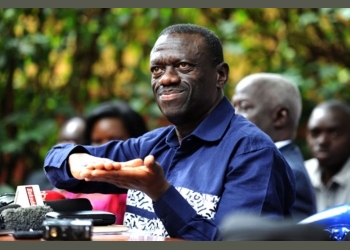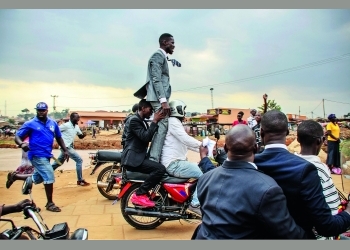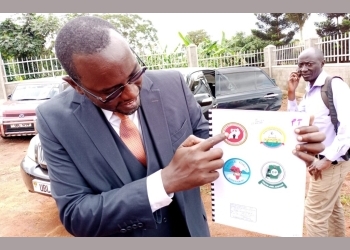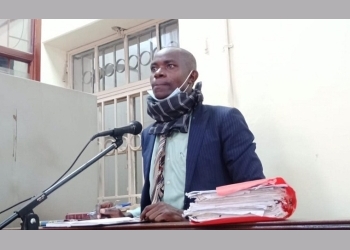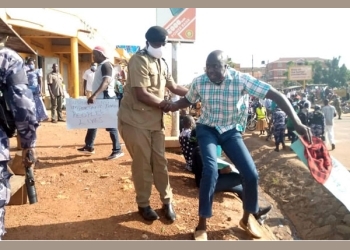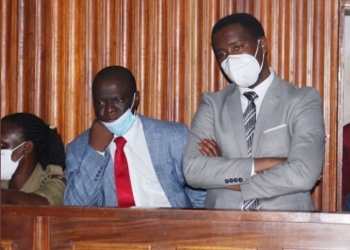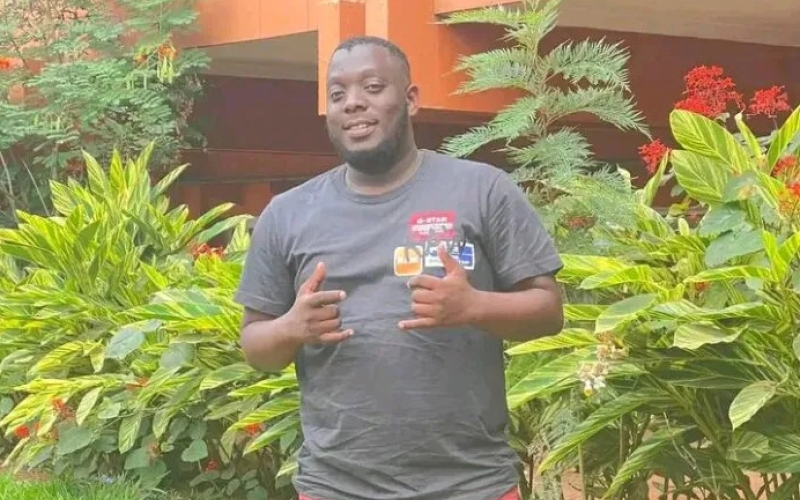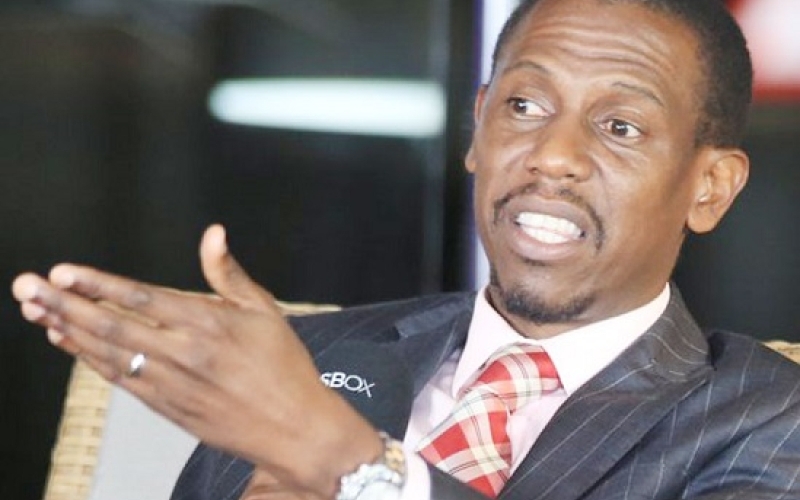
Attorney General Kiryowa Kiwanuka has dismissed arguments that Supreme Court Justice Esther Kisakye is being with hunted for her dissenting judgment during the election petition challenging the outcome of the 2021 Presidential election.
Justice Kisakye's woes started during the hearing of the presidential election petition when she accused Chief Justice Alfonse Owiny-Dollo of attempting to gag her and stop her from reading a minority decision about an application that had been made to the court by former presidential candidate Robert Kyagulanyi.
While challenging the victory of President Yoweri Museveni in the 2021 general election, Kyagulanyi had asked the court to allow him to amend his application and introduce new grounds and more affidavits to augment the case. He argued that his lawyers were operating mobile law firms for their own safety and feared that the state could steal their evidence. But the court scheduled a detailed judgment at a later date.
While the rest of the panel denied Kyagulanyi an opportunity to amend his petition and present more evidence after the expiry of the mandatory time, Justice Kisakye ruled that the reasons raised by Kyagulanyi to warrant the amendment and file additional affidavits were more than unusual and ought to have been granted.
She said that the argument of strict timelines fronted by the Attorney General wasn't correct since there existed precedent that in the Presidential election petition of Amama Mbabazi, an amendment was allowed and hence the act couldn't be seen as unlawful. But in the process, Kisakye stated that the Chief Justice had confiscated a file containing her minority judgment and attempted to vet her decision.
After failing to read her judgment when the court was in session, Kisaakye read it to assembled journalists and other interested parties attracting the wrath of the judiciary which referred her to the Judicial Service Commission which deals with the discipline of judicial officers. The commission then recommended that the president appoints a tribunal to investigate Kisakye after it established a prima facie case against her.
The recommendation, contained in a report submitted by Justice Benjamin Kabiito, the Chairperson of the Judicial Service Commission, drew criticism from different parties including the International Bar Association Human Rights Institute and the Commonwealth Lawyers Association. A week ago, the two groups issued a statement casting the manner in which Kisaakye is being treated and questioned the process that led to the recommendation of the Judicial Service Commission.
Anne Ramberg Co-Chair of the International Bar Association Human Rights Institute commented that Justice Kisakye acted in accordance with International Standards on the Independence of the Judiciary in delivering her dissenting judgement, "seemingly despite overwhelming pressure not to do so". She expressed concern over reports of unfair and arbitrary treatment against the Justice.
But in his response, Kiryowa Kiwanuka said the two international bodies issued their respective statements oblivious of the facts because the Commission's proposal was a result of an investigation that involved interviewing all the witnesses, and reviewing the documentary and audio-visual evidence.
“It is absolutely false and indeed slanderous to say... that Justice Kisaakye is facing disciplinary action for having written a dissenting judgment. Justice Kisaakye is answering a complaint regarding her conduct as a judge of the Supreme Court which, fortunately, was captured on camera and is a matter of public record," he said and asked the two groups to point to the legal processes that were flouted saying that being dissatisfied with an outcome is no proof that due process wasn't followed.
“Justice Kisaakye was granted every accommodation to present her response to the complaint, both in writing and in person, which she did... Being dissatisfied with an outcome of a process is not proof that the due process was not followed."
Kiryowa Kiwanuka added that the Uganda Code of Judicial Conduct prohibits a judicial officer from conduct that might undermine confidence in their impartiality and prohibits association by a judicial officer with parties in a matter before the court. He added that the matter shall not be resolved outside the constitutional Process set out under the laws of Uganda and that it is imperative for all concerned to respect the process.
"A judicial officer is required to refrain from acting in a manner that is inconsistent with the dignity of the office and judicial officers willingly accept appropriate personal restrictions including holding press conferences on court matters. I implore everyone to remain calm and allow the matter to be handled within the clearly set out legal process,” Kiryowa Kiwanuka added.




